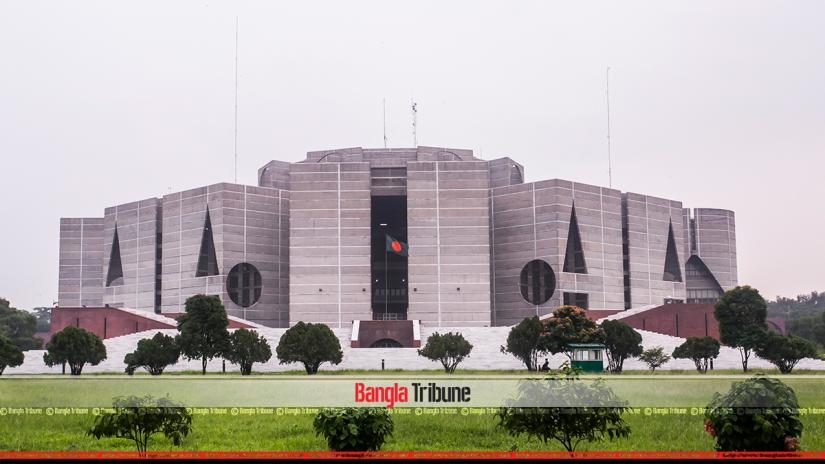 The parliamentary standing committee has opposed the demand from parliament plus other platforms to stop sending female workers abroad. The parliamentary standing committee wants to maintain the sending of female workers to Saudi Arabia and other countries.
The parliamentary standing committee has opposed the demand from parliament plus other platforms to stop sending female workers abroad. The parliamentary standing committee wants to maintain the sending of female workers to Saudi Arabia and other countries.
But they have advised steps to ensure security for workers.
On Monday (Nov 25), the issue of sending female workers abroad was discussed. After several newspapers reported on sexual abuse of female workers from Bangladesh, a demand was raised at parliament to stop sending women abroad.
Several other non-government agencies have also raised the matter.
President of the parliamentary standing committee, barrister Anisul Islam Mahmud, said: “I am not in favour of ceasing the sending of women workers overseas but they should be sent after the issues are addressed properly.”
“We must ensure security of female workers and this must be ensured in the deal made with Saudi Arabia.”
Minister for expatriate welfare, Imran Ahmed, said: “We are worried about the issue but it has not reached such a serious state that we have to stop it altogether.”
“We have taken initiatives to ensure security for them,” he added.
But women workers still want to go abroad to work.
At the parliamentary standing committee meeting, it was stated that to listen to the allegations of the workers, an online system called Musaned (assistance) became active in 2015. Through this, maids can lodge complaints.
But this is not widely used; once this is available to all, maids will get a chance to inform about abuse and mistreatment.
A press notice from the parliament secretariat says that to prevent torture, the committee has made recommendations to directly communicate with foreign governments to ensure proper safeguards for women workers.
In the last ten years, 40,000 dead bodies of workers were brought from overseas and Tk 953.3 million was spent for their transport and burial. Their families were given Tk 7.20 billion as assistance.
Currently, the expatriate welfare bank has 63 branches, of which 56 are in district level while 7 are in the upazilas.
 National
National
39580 hour(s) 38 minute(s) ago ;
Evening 11:32 ; Tuesday ; Apr 22, 2025
Parliamentary standing committee for sending female workers abroad
Send
Bangla Tribune Report
Published : 14:00, Nov 26, 2019 | Updated : 16:26, Nov 26, 2019
Published : 14:00, Nov 26, 2019 | Updated : 16:26, Nov 26, 2019
0 ...0 ...
/ehs/tf/
Topics: Top Stories
- KOICA donates medical supplies to BSMMU
- 5 more flights to take back British nationals to London
- Covid19: Rajarbagh, Mohammadpur worst affected
- Momen joins UN solidarity song over COVID-19 combat
- Covid-19: OIC to hold special meeting
- WFP begins food distribution in Cox’s Bazar
- WFP begins food distribution in Cox’s Bazar
- 290 return home to Australia
- Third charter flight for US citizens to return home
- Dhaka proposes to postpone D8 Summit
Unauthorized use of news, image, information, etc published by Bangla Tribune is punishable by copyright law. Appropriate legal steps will be taken by the management against any person or body that infringes those laws.
Bangla Tribune is one of the most revered online newspapers in Bangladesh, due to its reputation of neutral coverage and incisive analysis.
F R Tower, 8/C Panthapath, Shukrabad, Dhaka-1207 | Phone: 58151324; 58151326, Fax: 58151329 | Mob: 01730794527, 01730794528


